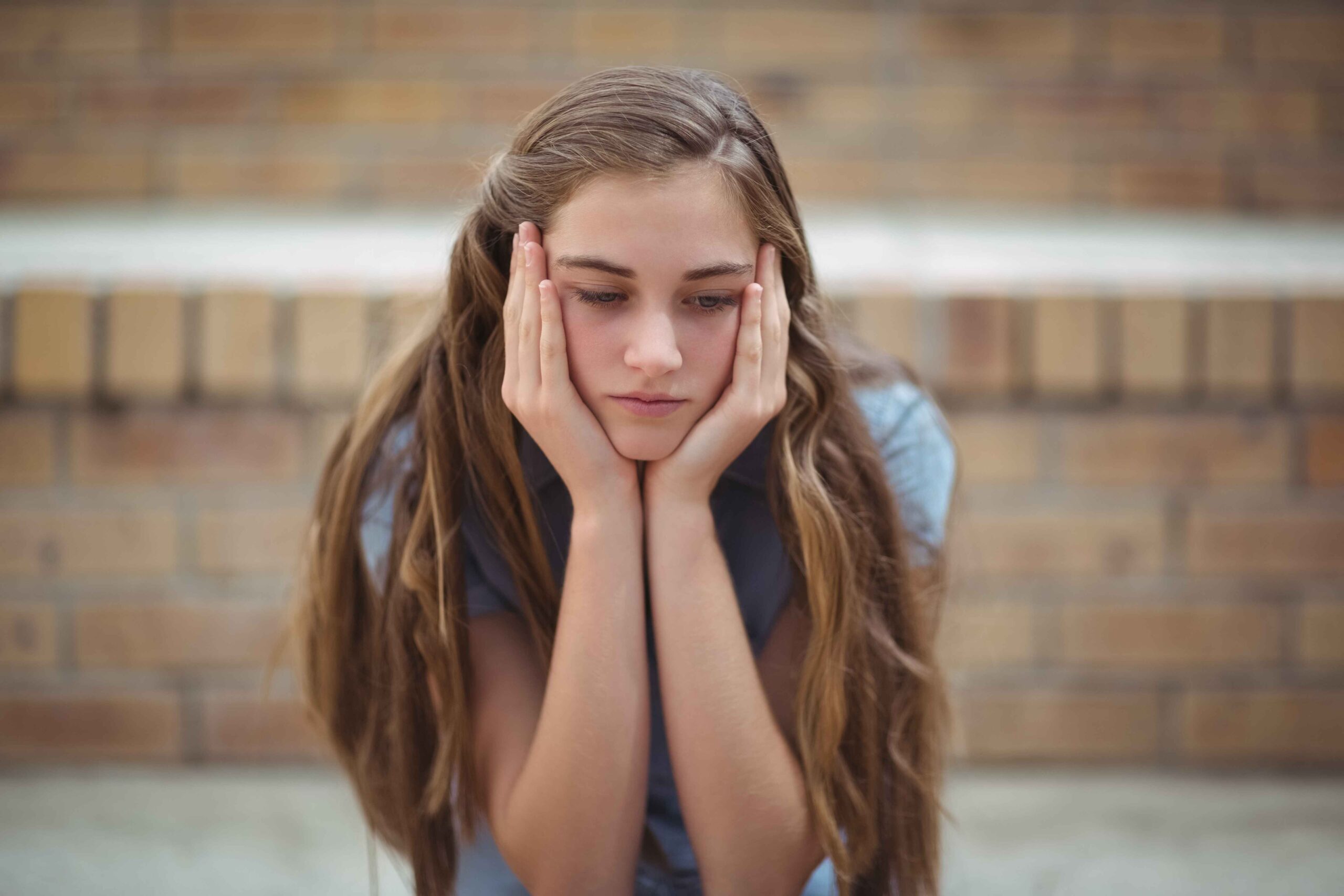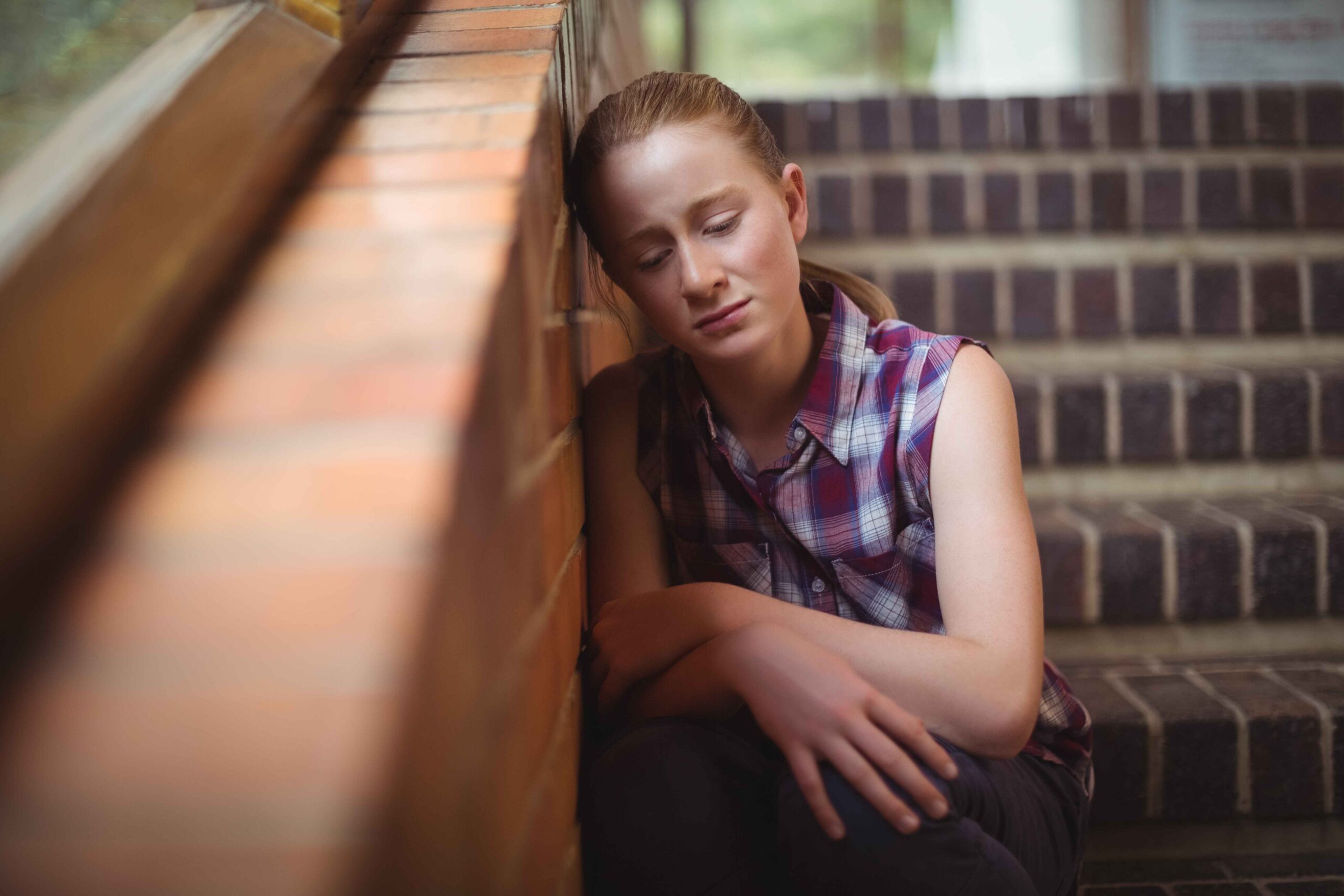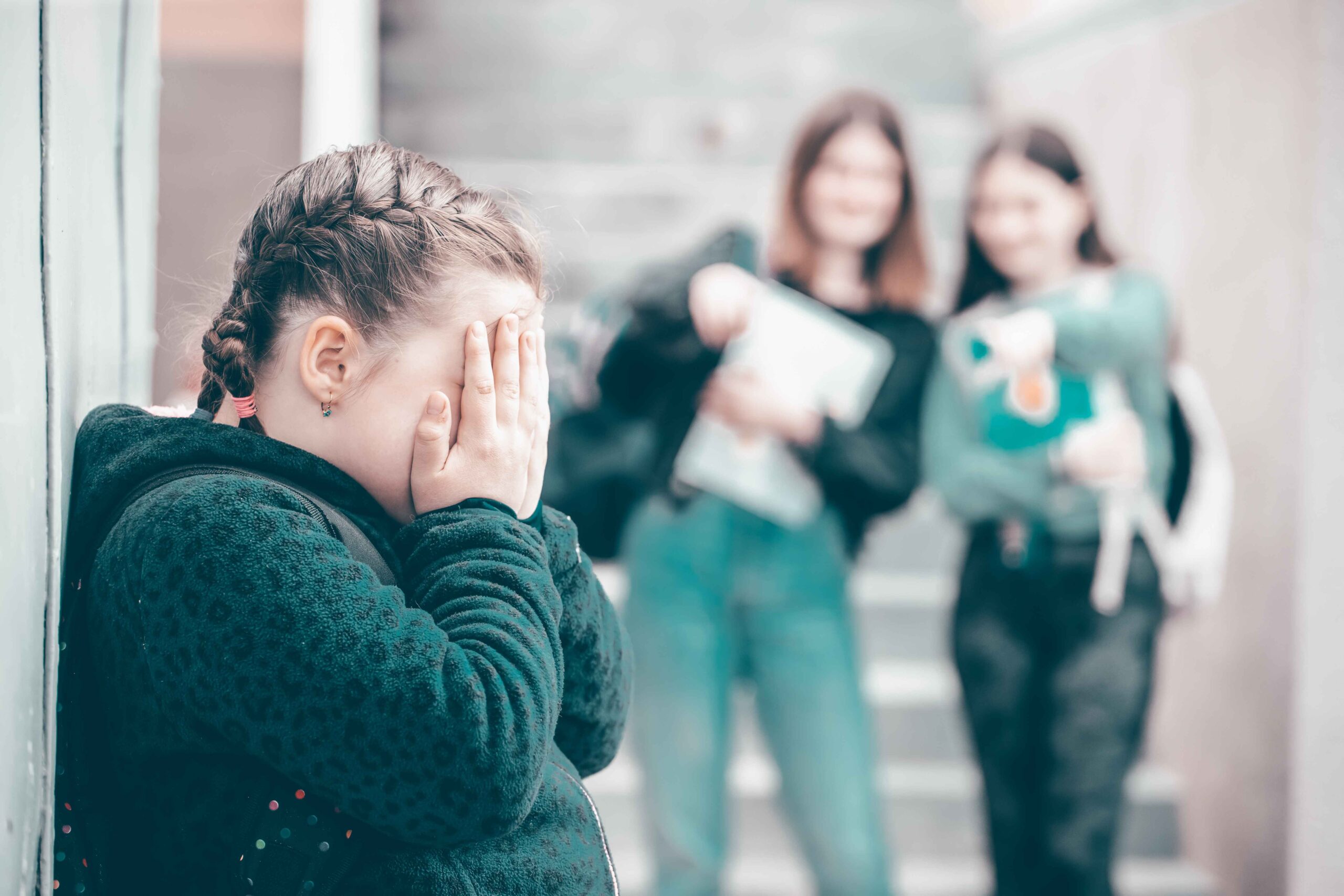To Call
Seeking Out A Residential School For Your Troubled Girl? Our Central Florida Residential Treatment Center For Girls Has Much To Offer.
If your daughter is struggling, you will want to find the best
treatment to help her. Providence Pass near Orlando helps
girls from across Florida.
- Beautiful Home & 20-Acre Ranch
- Individual, Family & Group Therapy
- Fun Recreational Activities
- Academics & Skill Building
- Equine Assisted Therapy

Teenage Problems and Solutions for Parents:
A Straightforward Approach
Why Being a Teenager Is Hard?
Let me tell you, teenage problems and solutions are on everyone’s mind these days. The teenage years can feel like a turbulent ride. Teens undergo rapid changes in their bodies, emotions, and social lives. One day, they might feel like a kid, and the next, they are expected to act like adults. It is a time when they are figuring out who they are while dealing with new pressures from school, family, and friends.
These years are challenging because expectations increase. Teachers assign more homework, parents might expect more responsibility at home, and friends can influence decisions in big ways. All these changes happening at once can make the teenage years tough to deal with.
1. Peer Pressure
Peer pressure is something most teens deal with daily. Friends and classmates can influence decisions, sometimes pushing teens toward risky behaviors like substance abuse or skipping school. The desire to fit in and fear of rejection can lead them to make choices that go against their values or family expectations.
This pressure impacts their mental health and academic performance. Teens might engage in activities that harm their physical health or lead to defiant behavior. It can strain family relationships and create a cycle of negative choices.
Solution: Building Healthy Relationships and Confidence
Helping teens handle peer pressure starts with open communication. Encourage them to talk about their experiences and feelings without fear of judgment. Discuss scenarios they might face and role-play responses so they feel prepared to say no when needed.
Promote friendships with kids who share similar values. Engaging in extracurricular activities or hobbies helps them meet like-minded friends. Building their confidence and positive self-esteem makes it easier for them to stand firm in their choices.
2. Academic Stress
Academic pressure is a major source of stress for a lot of teenagers. They face high expectations from teachers and pressure from parents to achieve good grades. Balancing academics with extracurricular activities, part-time jobs, and family life becomes overwhelming.
This stress can lead to symptoms of depression, anxiety, and other mental health issues. Teens might struggle with time management and feel like there are not enough hours in the day to meet all their obligations.
Solution: Developing Time Management Skills and Support Systems
Working together to create a realistic schedule helps teens manage their responsibilities. Break down tasks into manageable chunks and prioritize based on deadlines and importance. Include time for relaxation and physical activity to maintain balance.
Encourage them to ask for help when needed. This might mean talking to teachers about workload, finding a tutor, or accessing mental health professionals if stress becomes unmanageable. Support from family members makes a big difference in helping teens overcome academic challenges.
3. Social Media Impact
Social media is a big part of teens’ lives, but it can have negative effects on their mental health. Constant exposure to curated images and highlight reels of others’ lives leads to feelings of inadequacy. They might compare themselves to others and develop negative body image or low self-esteem. Excessive internet usage interferes with sleep, physical activity, and face-to-face interactions. It becomes a distraction from schoolwork and family life.
Solution: Promoting Digital Well-being and Healthy Habits
Setting boundaries around social media use helps teens maintain a healthy balance. Encourage them to engage in offline activities they enjoy, like sports, arts, or spending time with friends in person. Have open conversations about the realities of social media. Remind them that what people post online is often a highlight reel, not the full picture. Promote critical thinking about the content they consume and how it makes them feel.
4. Bullying
Bullying is a serious issue that can have long-lasting effects on a teenager’s mental and physical health. Whether it happens at school or online, bullying leads to feelings of loneliness, anxiety, and depression. It impacts their academic performance and leads to distractions or absenteeism. Teens might be reluctant to talk about bullying due to fear of retaliation or embarrassment. This silence makes the problem worse and hinders solutions.
Solution: Rebuilding Confidence and Seeking Support
Encourage teens to speak up about bullying. Let them know it is not their fault and they do not have to face it alone. Involve school officials if necessary and make sure they have a safe environment. Building their confidence helps them cope with bullying. Activities that promote self-esteem, like sports or arts, make a difference. Professional support from counselors or therapists is also beneficial.
5. Body Image Concerns
Many teens struggle with body image due to societal pressures and media portrayals of idealized beauty standards. This leads to negative self-esteem, eating disorders, or other mental health issues. Concerns about physical appearance dominate their thoughts and affect their social life. Issues related to gender identity or sexual orientation add another layer of complexity, leading to feelings of isolation or confusion.
Solution: Promoting Body Positivity and Acceptance
Encourage open discussions about body image and self-esteem. Focus on health rather than appearance. Promote physical activities they enjoy, which boosts mood and confidence. Provide resources and support for teens exploring their gender identity or sexual orientation. Connecting them with supportive communities or role models helps them feel accepted and understood.
6. Managing Anger
Teens often experience intense emotions and may struggle to express them appropriately. Anger can manifest as outbursts at home or school, leading to conflicts with family members or friends. Unmanaged anger results in defiant behavior or even physical altercations. They might feel misunderstood or that their feelings are dismissed, which makes the problem worse.
Solution: Developing Healthy Coping Strategies
Teaching teens healthy ways to manage anger is essential. Techniques like deep breathing, mindfulness, or physical activity help them regulate their emotions. Encourage them to talk about what is bothering them in a calm setting.
Programs like Animal-Assisted Therapy or Equine-Assisted Therapy provide unique ways for teens to explore and manage their emotions. These therapies offer hands-on experiences that promote empathy, responsibility, and self-awareness.
7. Mental Health Struggles
Mental health issues emerge during the teenage years due to various factors like hormonal changes, stress, or traumatic experiences. Teens might experience symptoms of depression, anxiety, or other mental health disorders. They may feel isolated, have trouble concentrating, or lose interest in activities they once enjoyed. Stigma around mental health prevents teens from asking for help. They might fear being judged or not taken seriously.
Solution: Seeking Professional Support and Creating Open Dialogue
Normalize conversations about mental health in your household. Let teens know it is okay not to feel okay and that help is available. Encourage them to express their feelings without fear of judgment. Consulting mental health professionals provides the support and treatment they need. Early intervention makes a significant difference in their well-being. Involving the family in therapy sessions strengthens relationships and understanding.

8. Substance Use
Some teens experiment with drugs, alcohol, or other substances due to curiosity, peer influence, or as a coping mechanism. Substance abuse poses serious health risks and leads to addiction, legal issues, or impaired brain development. It impacts their academic performance, relationships, and future opportunities.
Solution: Prevention Education and Support Programs
Openly discuss the risks and consequences of substance use. Provide factual information and create an environment where teens feel comfortable asking questions. If substance use is suspected, seek professional help. Programs like drug rehabilitation centers or therapies offered at therapeutic boarding schools in Texas and Florida provide specialized support. Early intervention is key to preventing long-term issues.
9. Communication Skills
Teens might feel they are not heard or understood by adults. Miscommunication leads to frustration, defiant behavior, or withdrawal. This strains family relationships and hinders the development of healthy social skills. They may also struggle to express themselves effectively, leading to misunderstandings with peers or teachers.
Solution: Building Effective Communication Channels
Creating a safe and open environment for communication is crucial. Practice active listening—give them your full attention, acknowledge their feelings, and avoid interrupting. Encourage them to share their thoughts and concerns. Teach and model effective communication skills. This includes expressing feelings using “I” statements, practicing empathy, and being respectful even during disagreements. Strengthening these skills benefits them in all areas of life.

Who We Are
Upward Bound provides a compassionate environment that nurtures the cognitive, emotional, and social development of struggling adolescents within a therapeutically supportive and educational community. Our facility includes private therapy offices for individual or family counseling, an intimate but modern group therapy room, indoor/outdoor interaction spaces, state-of-the-art technology, and educational tools to give at-risk girls the opportunity to heal and grow from past traumas.














